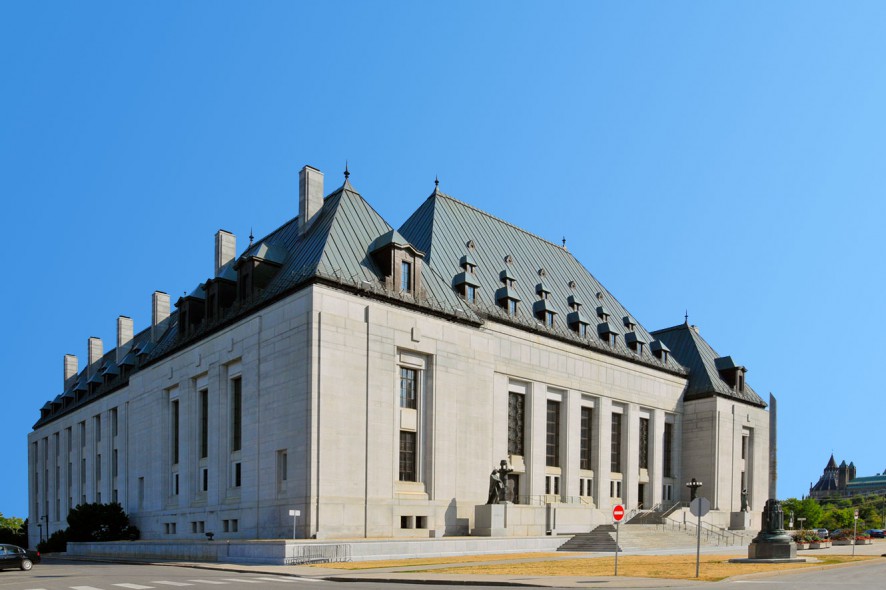Supreme Court of Canada: Richard Wagner, CJ. and Michael Moldaver, Andromache Karakatsanis, Russel Brown and Sheilah Martin, JJ. allowed an appeal of a person accused of carrying firearms and drugs, granted exclusion of evidence seized from him, and set aside his conviction.
Police had entered a private backyard without any warrant or consent, where accused-appellant herein (Tom Le), along with 4 other men, was present. The police started questioning them and also asked for documentary proof of their identity. On asking the accused about contents of the satchel that he was carrying, he fled, was pursued and arrested. Accused was caught in possession of firearms, drugs and cash, and charged with ten crimes related to these items. Before the trial court, he stated that the encounter between him and the police had infringed his right to be free from arbitrary detention and he sought exclusion of evidence against him under Section 24(2) of the Canadian Charter of Rights and Freedoms, on the basis that the police had infringed his constitutional rights to be free from unreasonable search and seizure, contrary to Sections 8 and 9 of the Charter. The trial Judge held the accused’s detention as legal on the ground that the police had reasonable suspicion of a crime. A majority of the Court of Appeal affirmed the trial court’s judgment. Aggrieved thereby, the present appeal was filed by the accused.
The Court opined that Section 9 of Charter prohibits ‘arbitrary detention’ in order to protect individual liberty against unjustified State interference. The inquiry into Section 9 of Charter proceeds in two stages: (i) whether the claimant was detained at all, and (ii) whether the detention was arbitrary. Thus, the primary issue to be decided was (i) when did the detention occur, and (ii) whether the accused’s detention was arbitrary.
It was opined that detention requires “significant physical or psychological restraint”. Since the accused was not legally required to comply with a ‘direction or demand’ by the police, his detention was covered under ‘psychological restraint’. Further, it was opined that the detention had crystallized that very moment when the accused was asked about the contents of his satchel. Rather, he was detained when the police trespassed into the backyard and made contact. Since no statutory or common law power authorized his detention at that point, it was arbitrary detention.
The Court relied on R v. Collins, [1987] 1 SCR 265 where a three-fold test was laid down for assessing unreasonable searches and seizures: (i) the detention must be authorized by law; (ii) the authorizing law itself must not be arbitrary; and, (iii) the manner in which the detention is carried out must be reasonable. Since the accused’s detention was not authorized by law, it was held to be arbitrary.
The Court by a majority of 3:2 allowed exclusion of evidence obtained against accused holding that the said evidence was tainted by breach of Charter rights.[R v. Le, 2019 SCC 34, decided on 31-05-2019]







